Traveling with Money: International Travel Tips
We've broken down the best options and how you can help protect your personal finances on your next international adventure.
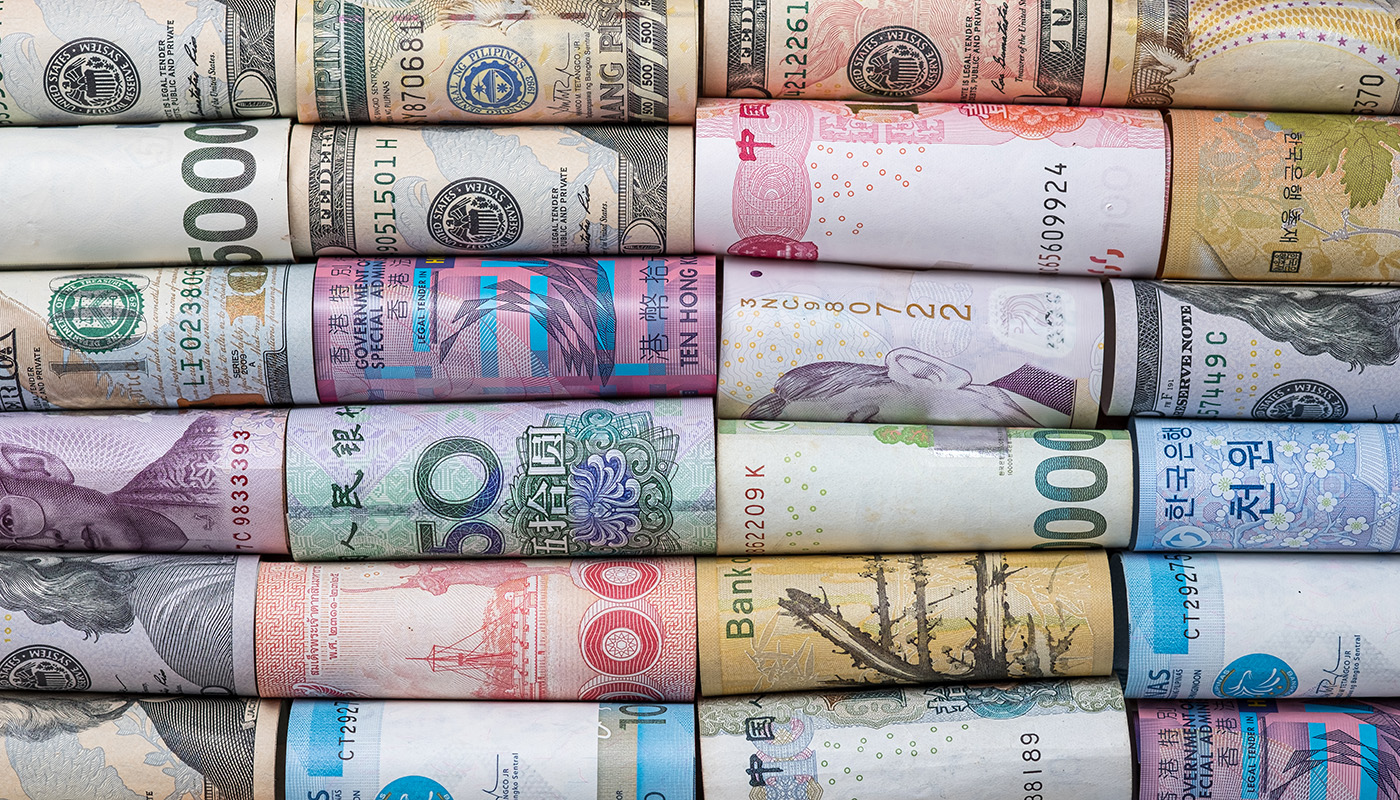 iStock
iStock
There are a lot of questions to be answered when you are traveling to a foreign country. Do you need power converters? What is the weather going to be like? Will you check a bag? Often, the most daunting question is, how are you going to travel with your money?
While travelers checks used to be the safest way to travel with large amounts of money, times have changed. In this article, we'll cover our favorite travel-friendly debit and credit cards, how to get the best exchange rate for foreign currency and ways to help protect your money and valuables while traveling.
Currency exchange tips
The first step to planning your finances while traveling is determining how much foreign cash you’ll need. Remember that you will need cash for tips, transportation fees like taxis and mass transit and shopping with street vendors.
Call your local bank to see their exchange rate for the type of foreign currency you’ll need for your trip. Often, where you have a bank account will give you the best currency conversion as opposed to relying on currency exchange counters at the airport.
When planning to get foreign currency from your bank, it is recommended that you provide your bank with at least a week's notice so that they can procure the specific denominations of foreign currency that you’ll need. Some bank branches carry more common foreign currency, but they often will need to order it for you.
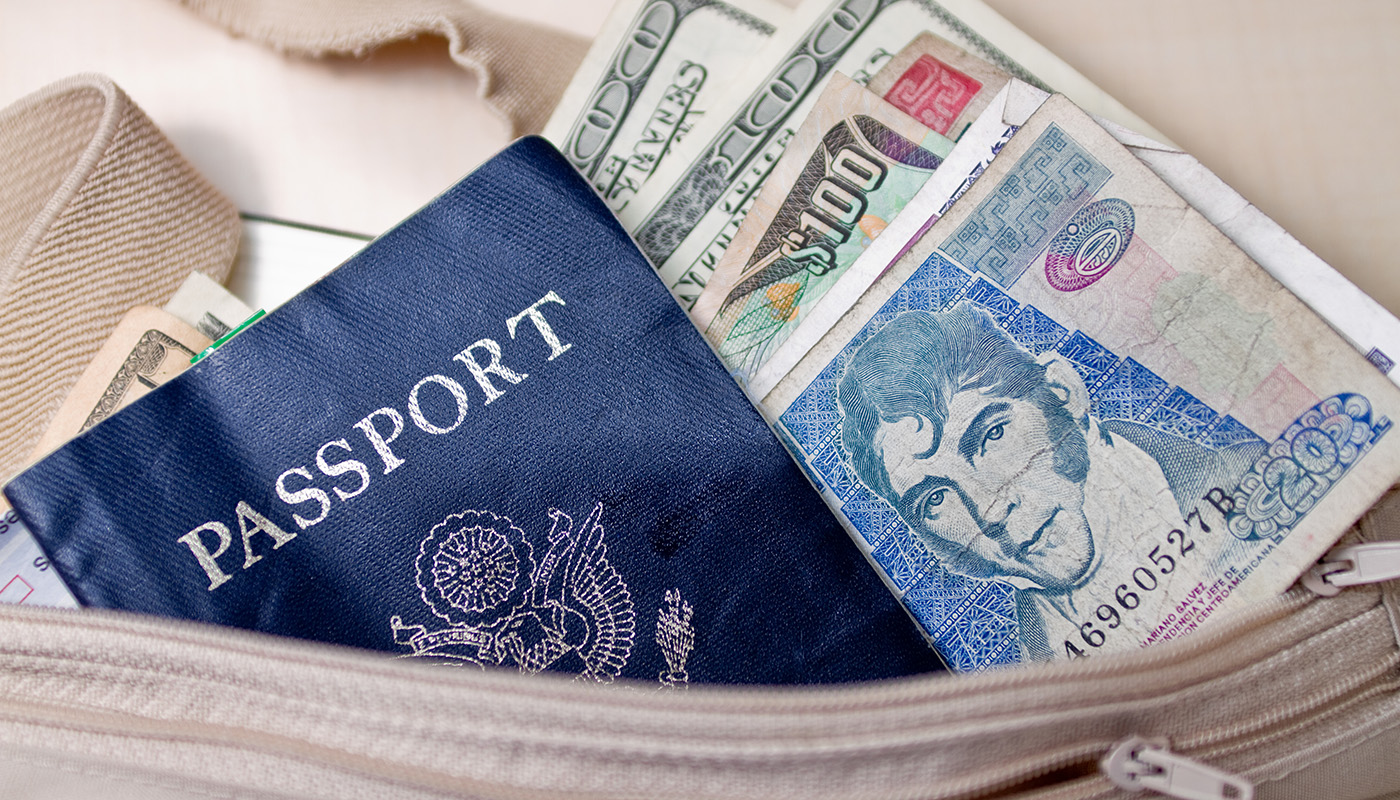 iStock
iStock
While cash is necessary while traveling, carrying large amounts is not recommended in any country. Look into a money belt that you wear under your clothes to keep your wallet with cash and any important documents close to your body.
Never carry money in your back pocket, where pickpockets will have easy access. If carrying a purse or backpack, wear it across your body so it is always viewable. Most importantly, stay aware of your surroundings. Pickpockets are professionals at seeking out travelers distracted by the sights and sounds of a new city.
An excellent way to handle your travel finances is to keep only the local currency, identification and credit or debit card you will need for that day in your money belt. Cash for other days should be kept locked in your hotel safe.
If you are staying in a place that doesn't have a safe, or the hotel safe doesn't seem secure, stash money in unexpected places like between pages of a book, in a false bottom of a suitcase, inside a roll of socks and the pockets of your carry-on bag. If multiple adults are staying with you, distribute the cash so that if one hiding place is found, your money is still hidden in other places.
Traveling can be unpredictable; that’s why AAA worked with Global Rescue to create Worldwide Lifeline to ensure you have a worldwide lifeline in case of emergency.
More InfoUnderstanding international transaction fees
If this is your first time traveling to a foreign country, you may not know that your bank could charge you a foreign transaction fee to use your credit or debit card outside of the United States. These foreign transaction fees are fees that your bank charges to make the currency conversion from U.S. dollars to the local currency where you're traveling. Fees can vary between 1% to 5% of the purchase amount and will often appear as a separate transaction on your statement.
Payment processing networks like American Express, Visa and Mastercard may also charge a fee. Be sure to check your credit and debit card terms or call your bank before you travel. Some cards are designed for foreign travel, like the AAA Cashback Visa Signature® Card, so part of the perks are zero foreign transaction fees.
Look at your credit cards terms and conditions for travel-specific perks like Rental Collision Damage Waiver coverage to give you peace of mind while renting a car, or Travel and Emergency Assistance Services that will help coordinate medical, legal and travel services while away from home. The AAA Cashback Visa Signature Card comes with these perks.
 iStock
iStock
To avoid interruptions during your trip, it is also a good idea to notify your bank of your upcoming travel plans with the specific dates of your trip. By letting them know your travel plans, you can avoid unusual transactions being flagged as fraudulent during your travels.
Also, confirm the exchange rate in the foreign currency to ensure you are getting a reasonable rate. While many credit cards give you extra perks like points and cashback while traveling, it may only be worth using that card if the exchange rate is competitive.
Using international ATMs
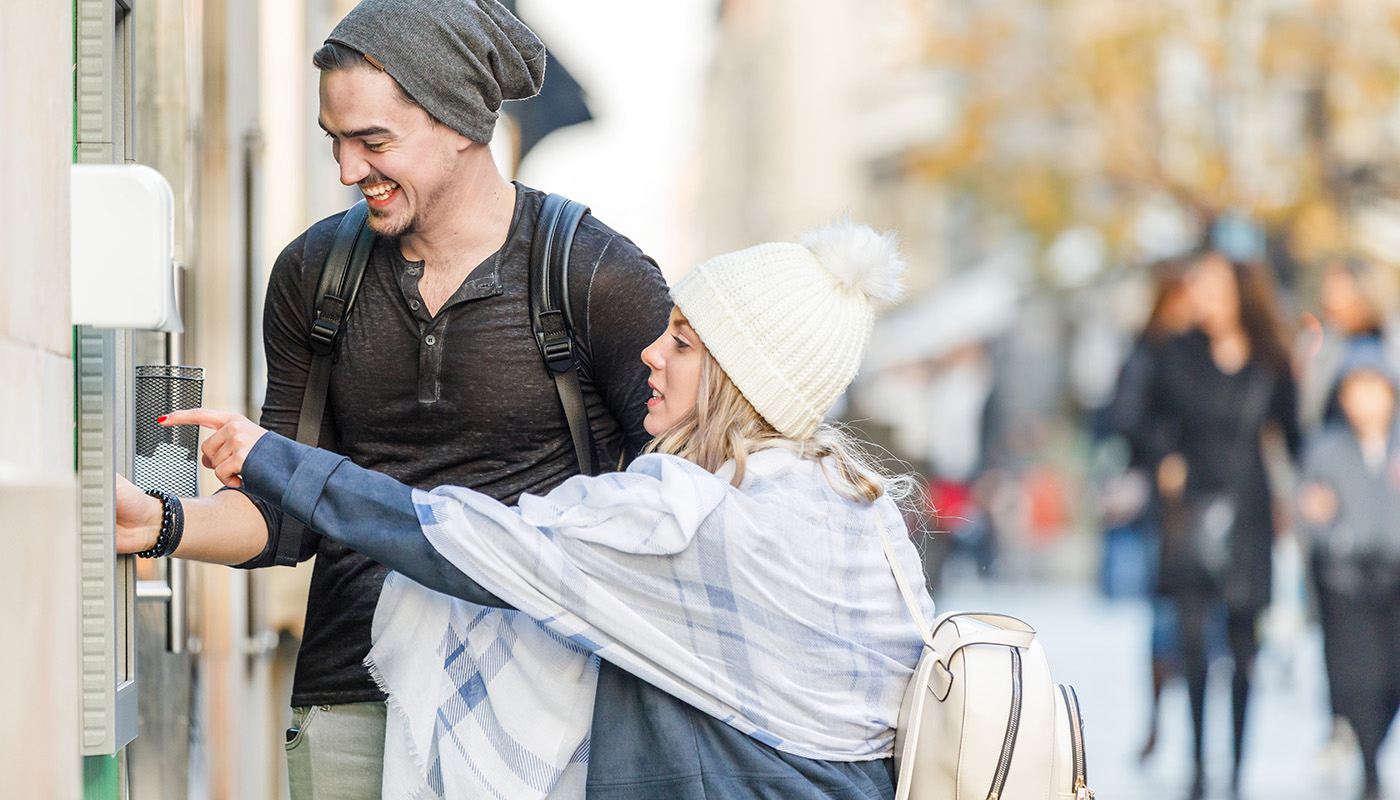 iStock
iStock
When using international ATMs, exchange rates for foreign currency vary by location. Be wary of exchanging money in places with many travelers, like airports, hotels or ATMs near touristy areas, as they will likely have worse exchange rates than your bank at home. If you need more cash while traveling, research which ATMs or banks will give you the best rate. Websites like xe.com can help you know the current currency exchange rate to help you get the best deal.

Be aware that If you have a five or six-digit PIN on your credit or debit card, be sure to change this to a 4-digit PIN prior to traveling internationally. Many international ATMs don't accept more than a 4-digit PIN, so you may be unable to withdraw cash.
After exiting a bank or ATM, be aware of your surroundings. Pickpockets target tourists leaving financial institutions, which means they typically have large amounts of cash. Put any cash away in your money belt immediately and take your cash back to your hotel room to keep your money safe.
Our favorite travel-friendly credit card
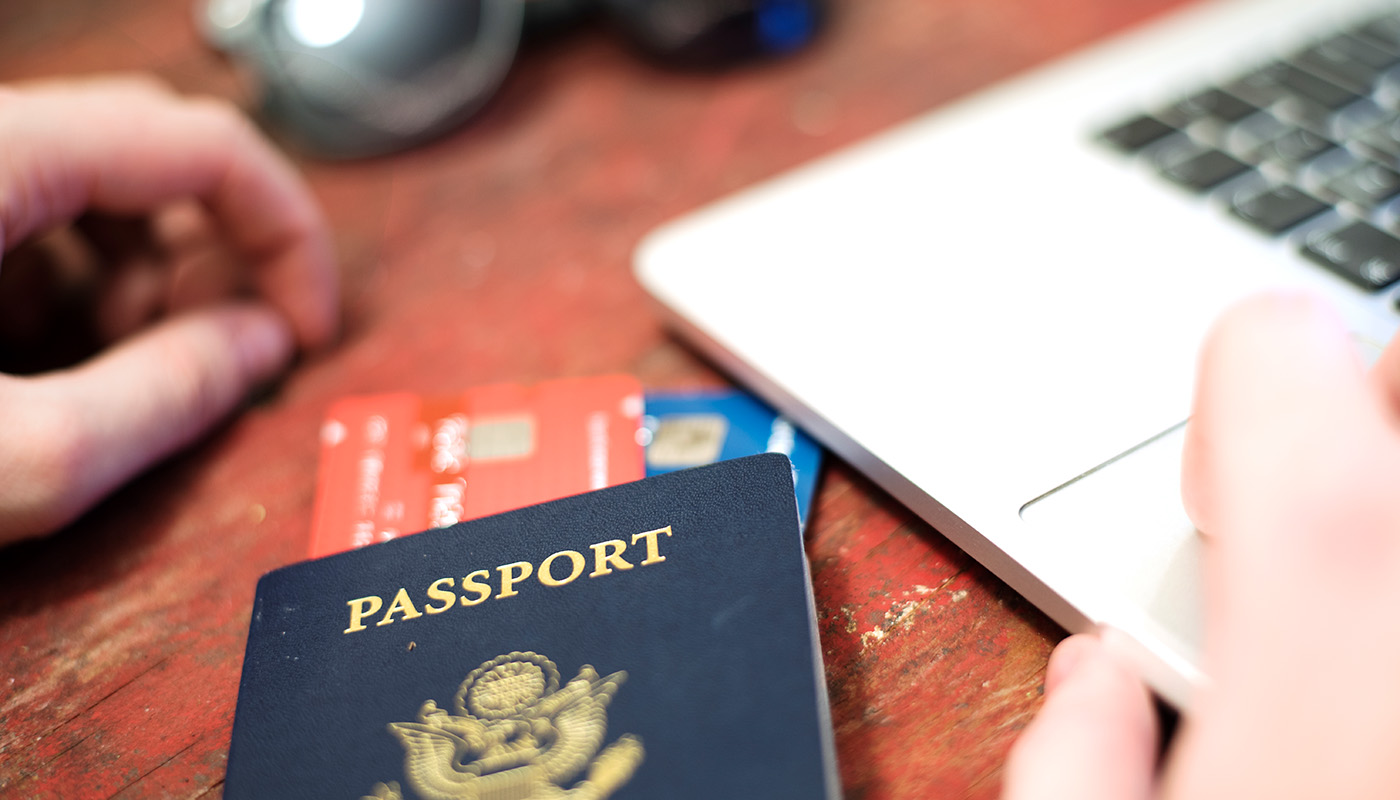 iStock
iStock
We consider the AAA CashBack Visa Signature® Card to be among the best of the best for travelers. With no annual fee, you'll earn 3% cash back on gas as well as on dining and groceries, and 2% on travel and AAA purchases. You'll also earn 1% cash back on all other purchases. This means that the AAA Cashback Visa Signature® Card puts money back in your wallet for even more travel and adventures in your future. What's not to love?
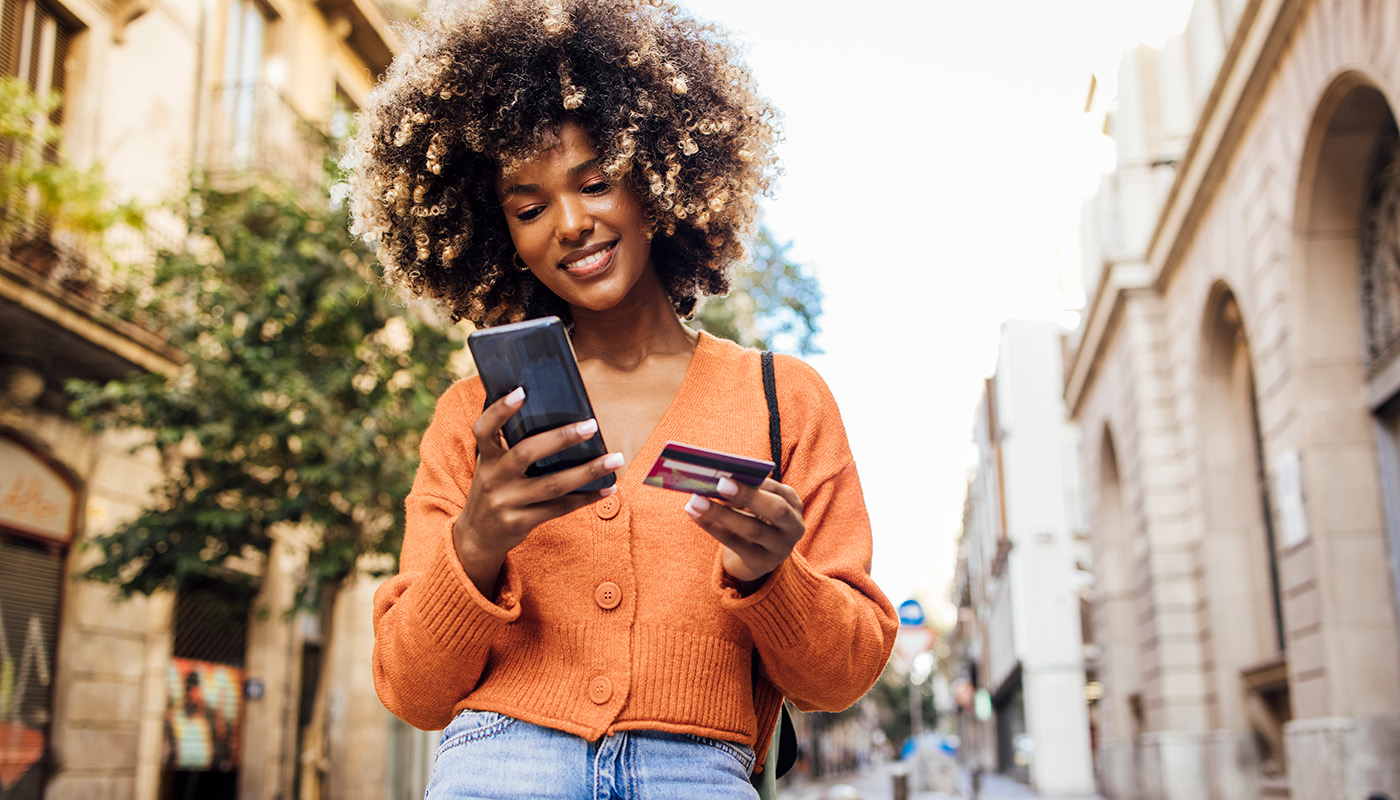 iStock
iStock
AAA Helps Make Travel Rewarding
Now, you have all the tools to help keep your money safe while traveling. AAA has you covered if you have any questions that come up along the way. From credit cards to travel insurance and Trip Canvas to plan your route, AAA is with you every step of the way.
This information is being provided for general informational purposes only. The Auto Club Group does not assume any liability in connection with providing this information.